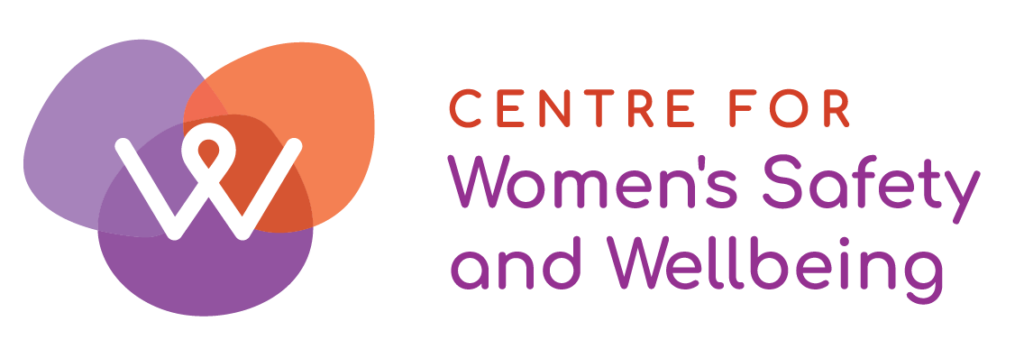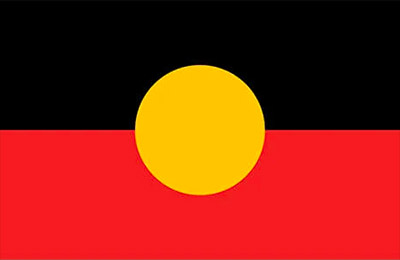The Centre for Women’s Safety and Wellbeing (CWSW) welcomes today’s announcement by the Cook Government to provide much needed funding to respond to and prevent family and domestic violence, and the release of the Family and Domestic Violence System Reform Plan.
Firstly, we would like to recognise victims and survivors of domestic and family violence and their families. It is their advocacy, their courage and their leadership that has led to this important announcement today.
In August last year the family and domestic violence sector and the extraordinary lived experience advocate, Alison Scott, called for crisis talks with Premier Roger Cook due to the devastating numbers of women being killed by their partners or ex-partners and the state experiencing the highest number of reported family assaults and threatening behaviour in nearly a decade.
We would particularly like to acknowledge the family of Ms Tiffany Woodley, who showed such incredible courage and determination – while in the throes of profound grief – speaking publicly about the family and domestic violence crisis that we are facing and demanding that the Government act. Lynn Cannon’s sisters, too, have been exceptional advocates.
Yesterday morning, Rosie Batty told ABC RN Breakfast that terrorism is the best word to describe the experience of adult and child victim survivors. Women and children in ordinary suburbs across Western Australia are being terrorised in their homes by partners/ex-partners, fathers/stepfathers. Too many of these women and children are trying to keep themselves safe from harm, trying to keep themselves alive, all on their own. We must hold this firmly in mind when deciding if the reforms and funding that has been announced goes far enough.
We certainly welcome the WA State Government’s new strategic direction with a stronger focus on the family and domestic violence system working together to more effectively manage the risk that perpetrators of domestic and family violence present to women and children and to prevent further harm and death.
There’s no overstating the importance of government leadership in this work and we believe that the government has shown leadership today by committing to a Family and Domestic Violence System Reform Plan, which includes exploring legislative reform. It is critical that there is a shared understanding across the service system, of how we assess risk, manage risk, and share information to ensure safety, and make sure survivors’ needs are met.
We are pleased to see that data improvements feature in the system reform plan. We need quality data across all parts of the system; data that can be connected to tell the story of what is happening, where we can see both client outcomes and system outcomes, and the gaps where things aren’t working so well. It will also help us to build the evidence base to demonstrate what sustainable investment is, and what it is delivering.
There are challenges ahead. System reform is hard because it means doing things differently and systems easily default back into business as usual without the right levers in place. A strong governance structure and oversight will be essential, and it will be necessary to have the expertise of lived experience, the specialist family and domestic violence sector and subject matter experts in the room. Aboriginal leaders who are experts in family violence work, such as Professor Victoria Hovane, and Corina Martin – and other strategic leaders who work tirelessly for their communities – must be at the table if we are to drive meaningful change.
What is critical now is a well sequenced action plan that scopes out stages of work for the bigger system reforms (data, legislation, capability frameworks, risk assessment and management guidance) and sets out strategies to move forward to strengthen existing practices and workforce capabilities.
We need to make sure that all parts of the system have the sustainable funding and resources they need to do the job and to invest in and retain the workforce. It is essential that the family and domestic violence system reform plan occurs alongside recognition of current demand and funding to address this.
We are thrilled that a lived experience advisory group will be resourced. Inclusion of lived experience of family and domestic violence into policy making, system building and continuous improvement is necessary – bringing together the expertise of our survivor advocates, the lived experience of our own workforce and the many views of the victim survivors who use and navigate the system, will help us to better understand what good outcomes mean for them.
While we welcome the funding announcements today it is important that there is a strategic focus around the four domains of the ‘National Plan to end Violence against Women and Children’; prevention, early intervention, crisis response and recovery and healing. As we said at the crisis talks late last year sustained investment across all areas is necessary to address the national crisis we are in.
Finally, we cannot speak of good outcomes without mentioning crisis accommodation and housing in family and domestic violence. We must be able to accommodate women who are in crisis so we can start the journey of working closely with all survivors to ensure positive outcomes. Without access to housing and economic security, it is nearly impossible for a victim survivor to safely leave a perpetrator and rebuild their life. This is not an easy issue to solve, but we must make every effort to do so.





